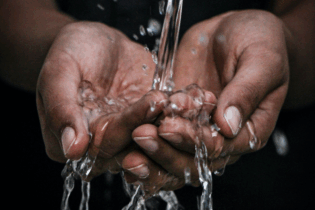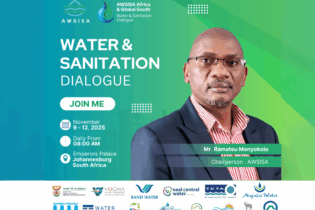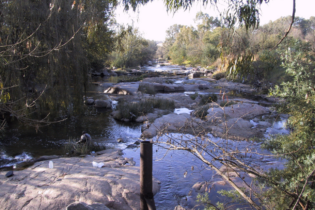The Portfolio Committee on Water and Sanitation has resolved the need to set aside a special session with the leadership of the Department of Water and Sanitation (DWS) and the Special Investigating Unit to receive a detailed progress report on various investigations undertaken to examine malfeasance within the department.
The committee received the DWS and Water Research Commission’s Annual Performance Plan for the 2022/23 financial year.“While we welcome the plans presented, we are of the view that implementation of those plans will be impacted by lack of clarity and consequence management against officials identified to have acted wrongfully. For us to ascertain if adequate consequence management is being taken, we need a full report, hence the need for a special meeting,” said Robert Mashego, the Chairperson of the committee. The reports that the committee will receive include all internal investigations against officials of the department as well as the progress on all the proclamations by the Special Investigating Unit.
Meanwhile, the committee has highlighted frustration with the inability at all levels of government to make effective use of knowledge and technologies developed by the Water Research Commission (WRC). The committee has on previous occasions called on the government to utilise these technologies and interventions to resolve some of the challenges facing the country.
“It is unacceptable that an entity that government invests a considerable amount of money in can develop extensive knowledge and technology that can assist in resolving some of the challenges currently prevalent in SA, but the government continues to disregard that know-how. For example, the country loses about 40% of water to leaks, despite the availability of technology developed by WRC to assist in this regard,” Mashego emphasised.
To remedy this, the committee has called for closer collaboration with government departments such as the Department of Trade, Industry and Competition and the Department of Cooperative Governance and Traditional Affairs. The aim of this collaboration is to ensure the uptake of these technologies and develop the industry to ensure mass production of these technologies.
Regardless of these concerns, the committee welcomes the progress in the appointment of senior management within the department. Over the three previous financial years, the committee has been critical of the inability to appoint senior managers, which impacted on the department’s ability to implement targets.
Regarding the implementation of departmental targets, the committee has emphasised the need to improve governance within the department to ensure that the little budget allocation goes a long way to achieving targets. The committee has also stressed the need for improved project planning and management to ensure that projects are completed on schedule and as per budget.
The committee also emphasised the need for the department together with municipalities to find workable solutions to the challenge of pollution of the country’s water system, caused mainly by the inadequate management of wastewater schemes. “A solution is urgently needed within that environment to ensure that we don’t spend as many resources cleaning the water as we are currently doing. We are convinced that a collaboration will assist in finding long-lasting solutions to this challenge,” Mashego suggested.
The committee has for its part committed to monitoring the implementation of the identified targets.







